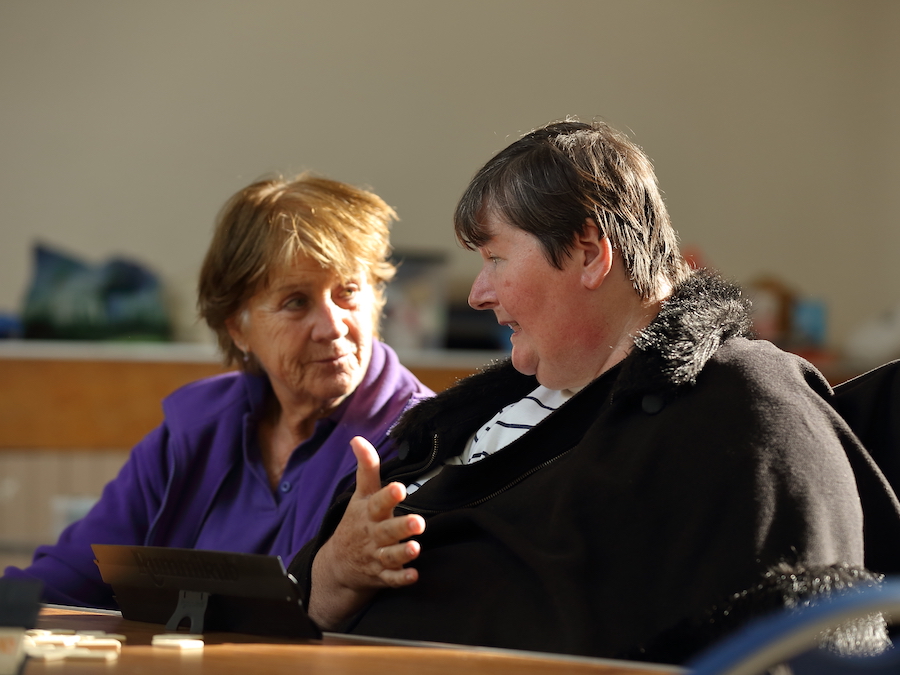Around a third of stroke survivors experience post-stroke depression, and 20% will suffer from emotionalism within six-months of their stroke. Our Emotional Support Service can help. If you are involved in planning or providing health and social care, your role is crucial in helping stroke survivors and carers deal with the emotional impact of stroke, which can be just as devastating as the physical.
When a physical illness like stroke is accompanied by mental illness, it worsens various outcomes, including a survivor's life expectancy. Healthcare costs for patients with long-term conditions, who also have depression, are typically 45% higher than those without.
Read Paul's story to find out more about how he has benefitted from the Emotional Support Service.
Who is the service for?
Our Emotional Support Service helps those affected by stroke come to terms with what has happened to them. The service is for stroke survivors and carers who require specialist emotional support interventions at level 2 of the Stepped Care Model for psychological interventions after stroke.
Referrals will usually come through the core Stroke Recovery Service, which regularly reviews peoples' needs.
What we offer through our service
We provide counselling sessions, run by our professional counsellors, for stroke survivors, their carers and families. The sessions explore issues such as:
- Loss and adjustment.
- Relationships.
- Understanding guilt and anger.
- Building confidence and self-esteem.
The service also offers peer support sessions run by trained volunteers and supported by our Emotional Support Coordinators.
Download our leaflet to find out more about our Emotional Support Service.

Find out more
To enquire about or commission our stroke support services, please contact us at services@stroke.org.uk
If you are a stroke survivor, family member, friend or carer who would like to know more about stroke or what support is available, please contact the Stroke Helpline.
